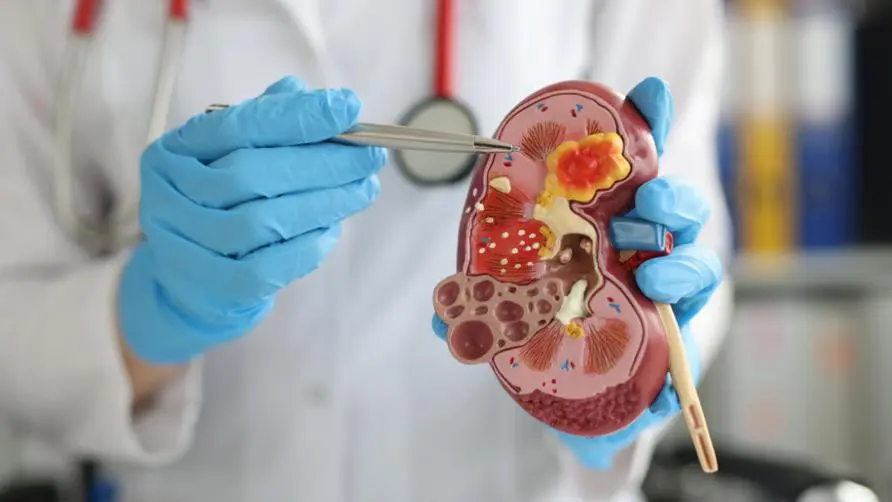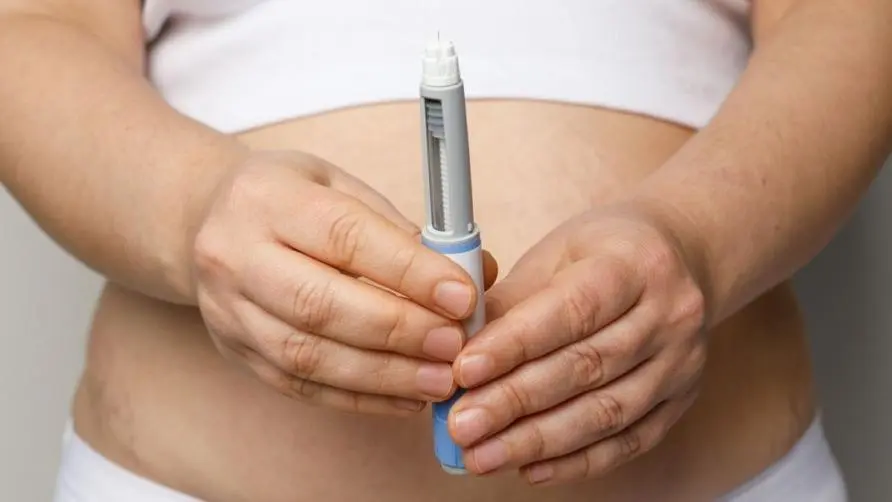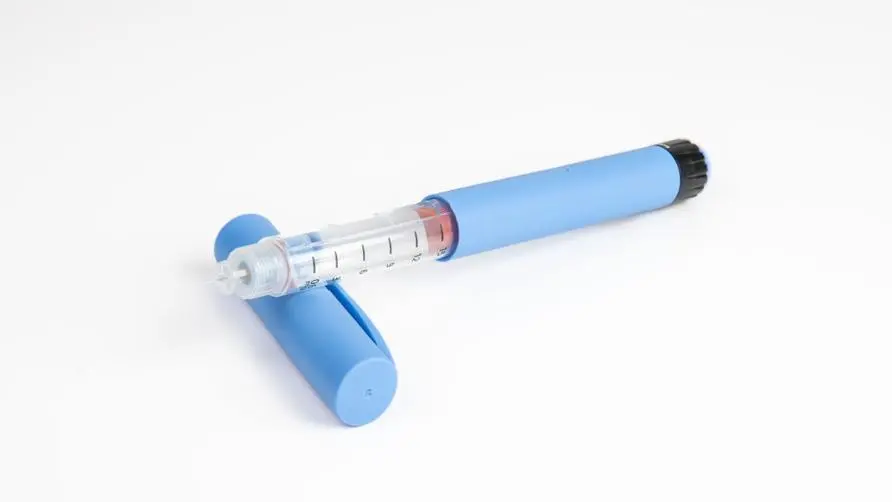It not only stabilizes sugar, protects the heart, but also reduces weight! Doctors reveal the mechanism of incretin and its "life-saving significance" for patients with diabetes

What is enterocrine? Demystification of the secretion of enterocrine drug mechanism
“Incretin” drugs have been discussed in recent years because of their excellent disease management effects, but did you know that the development of incretin drugs is actually derived from hormones in the human body? As early as 1902, biologists discovered that when humans eat, food stimulates intestinal cells to release a chemical substance. This is the earliest record of “incretin” in human society.
Ou Hongyi, Chairman of the Diabetes Health Education Association of Taiwan, pointed out that incretin can stimulate insulin secretion and inhibit glucagon production, thereby maintaining blood sugar stability. In the past, the medical community has discovered that incretin is too low in people with type 2 diabetes, which shows that the function of incretin is reduced or the secretion is insufficient, which has a major influence on the fluctuation of blood sugar after meals in patients.
Chairman Ou Hongyi said that the medical community has conducted many subsequent studies on incretin and found that incretin has multiple mechanisms and can simultaneously affect the pancreas, liver, stomach, kidney, heart, blood vessels, muscles and central nervous system in the human body. Produce effects and have multiple benefits. When the human body eats, the intestine secretes incretin to stimulate insulin release, reduce glucagon secretion, and restore elevated postprandial blood sugar to the normal range. Therefore, incretin also began to be used to treat type 2 diabetes. patient.
In recent years, with the vigorous development of genetic engineering technology, enterocrine drugs that are similar to those secreted by the human body have been successfully developed. The frequency of use has also increased from multiple times a day in the early years to once a day or even once a week in recent years. Currently, it is also available in oral dosage forms once a day. Great progress has been made in terms of treatment convenience and patient medication compliance.
Help people with diabetes control their sugar smartly! Enterocrine combines the advantages of blood sugar, weight control, and organ protection to become a “life-saving drug”
Chairman Ou Hongyi pointed out that incretin drugs have multiple mechanisms. In addition to indirectly regulating and stabilizing blood sugar, they can also suppress appetite and delay gastric emptying, thereby helping patients achieve weight loss with almost no hypoglycemia. side effects. In addition, studies have shown that incretin drugs can additionally reduce patients’ risk of cardiovascular diseases such as stroke and myocardial infarction, making incretin drugs one of the important treatment options for the new generation of diabetic patients.
Chairman Ou Hongyi explained that large and small blood vessel lesions and cardiovascular disease are the most common and most dangerous complications for patients with diabetes. For people with diabetes, lowering blood sugar not only helps reduce small blood vessel complications, but also reduces death. The risk of macrovascular complications with extremely high rates, such as myocardial infarction and stroke, can be said to be a “life-saving” treatment option.
The medical community is optimistic about the multiple possibilities of enterocrine in the development of research on non-alcoholic steatohepatitis and degenerative diseases.
Chairman Ou Hongyi pointed out that enterocrine is very special and can act on multiple organs of the human body. Therefore, scientists are currently studying the anti-inflammatory effects of enterocrine and whether it can be applied to non-alcoholic steatohepatitis and brain degeneration. Disease treatment; however, the chairman also reminded that controlling chronic diseases requires more than just drugs. To stabilize blood sugar in the long term and reduce the risk of future complications, exercise habits should also be established. Only by taking into account diet, treatment and exercise can we stabilize blood sugar and improve blood sugar levels. key to quality of life.
Data sources:
The role of enterocrine in the treatment of type 2 diabetes Lv Jinying Endocrinology and Metabolism, Department of Laboratory Medicine and Department of Internal Medicine, National Taiwan University Hospital (Journal of Internal Medicine 2011: 22: 401-408)
GLP-1 glucagon-like hormone Peptide-1 analogues - New strategies for blood sugar and weight management Xie Mingjia Diabetes Care Foundation 2014 “Diabetes Family”
Müller TD et al. Mol Metab 2019;30:72–130
Drucker DJ . Cell Metab 2016;24:15–30
Tsimihodimos V et al. Eur J Pharmacol 2018;818:103–9
Lancet Diabetes Endocrinol 2021 Oct;9(10):653-662
Ministry of Health and Welfare Pingtung Hospital Understanding chronic complications of diabetes
Extended reading:





